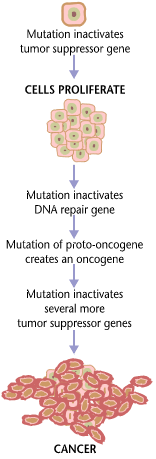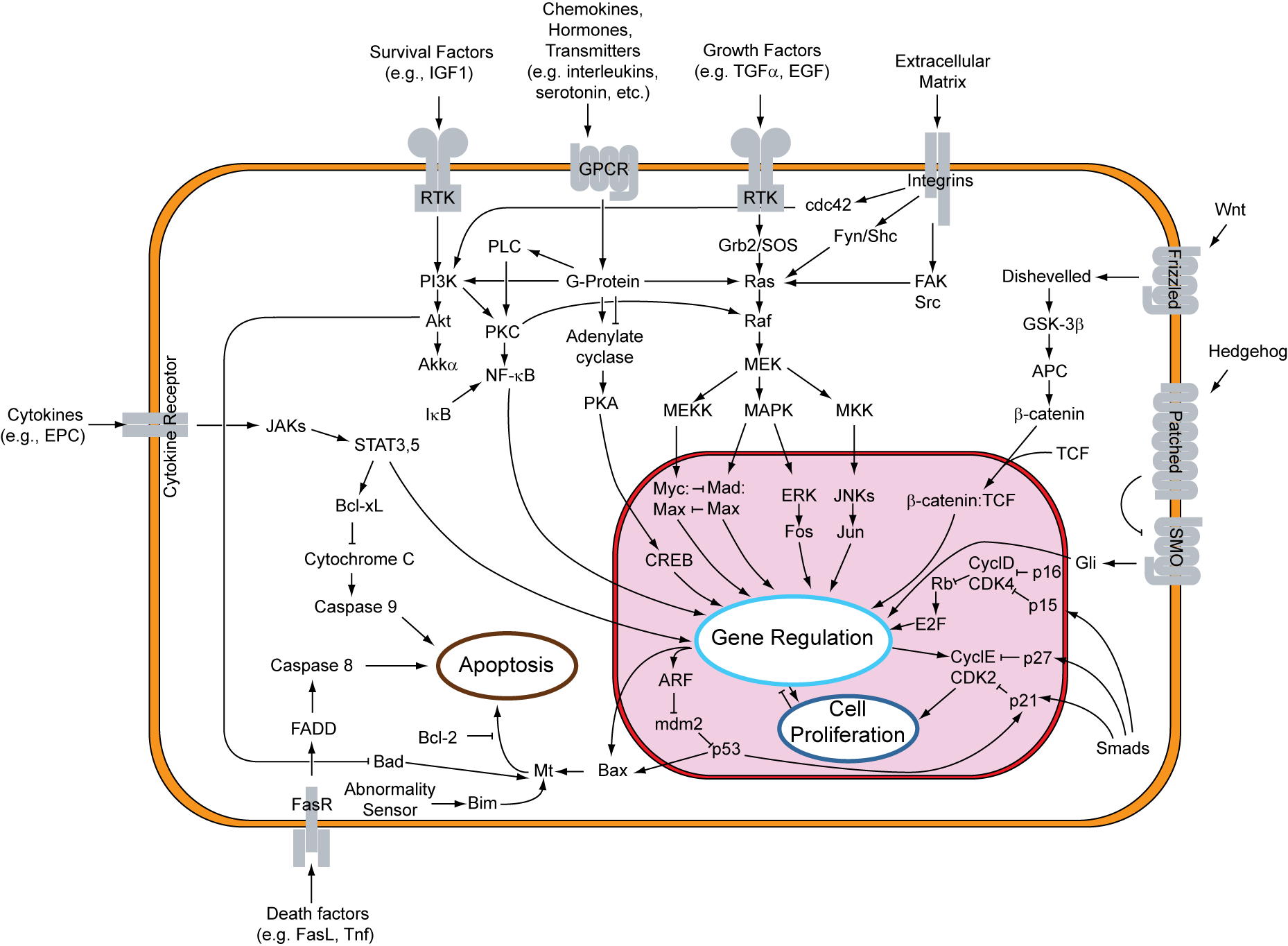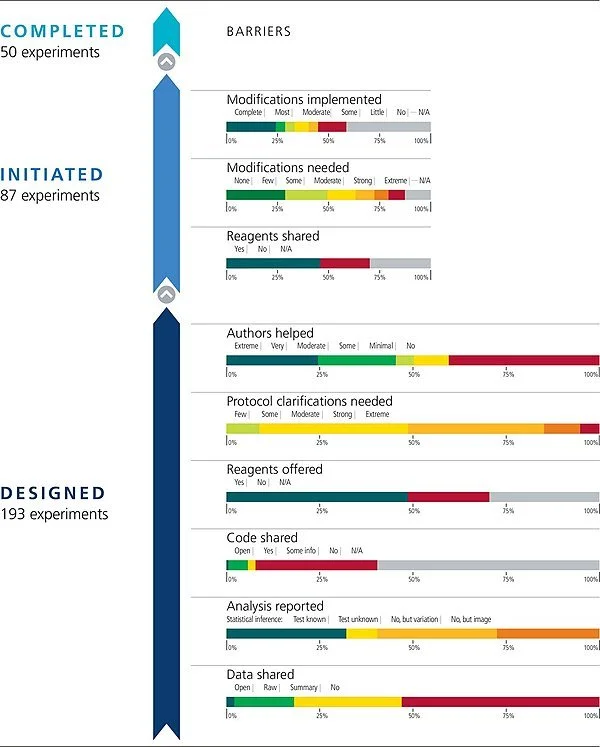
A physician’s memoir of a son’s and his own early-onset cancer
Sidney Farber, M.D. (1903-1973), of Children’s Hospital, Boston, with a patient. Dr. Farber, a pediatric pathologist, is regarded as the father of modern chemotherapy. The famed Dana-Farber Cancer Institute, in Boston, is named for him and philanthropist Charles Dana. Some of Dr. George H. Beauregard’s book, Reservation for 9, occurs at Dana-Farber.
Numerous cell signaling pathways are disrupted in the development of cancer.
— Graphic by Roadnottaken
Adapted from Robert Whitcomb’s “Digital Diary,’’ in GoLocal24.com
I’ve been watching a physician/health-care executive friend, George H. Beauregard, prepare a book, yet to be published, titled Reservation for 9, that’s both a memoir and a medical saga, most of it set in Greater Boston.
The book tells how he and his son Patrick developed different advanced-stage early-onset cancers (early onset defined as cancers diagnosed in patients under 50), creating seismic changes in their lives, and those of their whole colorful nuclear family of six, that accompanied their illnesses. It’s a story about a complex family history, fear, grief and hope, along with the science and institutions of medicine, and provides much insight for others battling the disease.
There has been an alarming global increase in the incidence of cancer affecting younger adults. Patrick’s colorectal cancer was diagnosed when he was 29, and it killed him at 32, but not before he became an inspiring national spokesman for other victims. Dr. Beauregard, for his part, was diagnosed with bladder cancer at age 49 but is now apparently cured.
Patrick’s story continues to be cited in national news media, including recently in The Wall Street Journal.
Appearing as a guest on the Today Show on March 10, 2020, he said:
“In a situation like this, your mind can either liberate you or essentially incarcerate you...and you choose what to make of it.’’
“I don’t see the point in being negative in this. Negativity is only going to bring on more negativity. I choose to have a positive outlook and always have hope, and I don’t see why you would ever decide not to.”
Results from The Reproducibility Project: Cancer biology suggest most studies of the cancer research sector may not be replicable.
Dana-Farber gets big grant to study microbe-cancer links
A cluster of Escherichia coli bacteria magnified 10,000 times.
From The New England Council (newenglandcouncil.com)
Boston’s Dana-Farber Cancer Institute was recently awarded a $25 million grant to conduct research about how specific microbes in the body may lead to colorectal cancer. The grant from Cancer Research UK was awarded to Dana-Farber alone out of 130 teams who had applied for the funding.
With this funding, Dana-Farber will research the difference between healthy microbiomes and those related to cancer. The researchers will also attempt to manipulate the microbiomes to prevent and treat cancer. The National Cancer Institute estimates that colorectal cancer will be the third-most common cancer diagnosed in 2018.
Dr. Matthew Meyerson, one of the investigators on the new project, said “Microbiome research has already thrown up a range of unexpected findings. With new genomic technologies, we can map the microbiome in incredible detail, so now is the right time to be investigation the phenomenon of cancer.”
The Marcotte Center for Cancer Research, at Dana-Farber.
— Photo by Addi.ez.chemin






